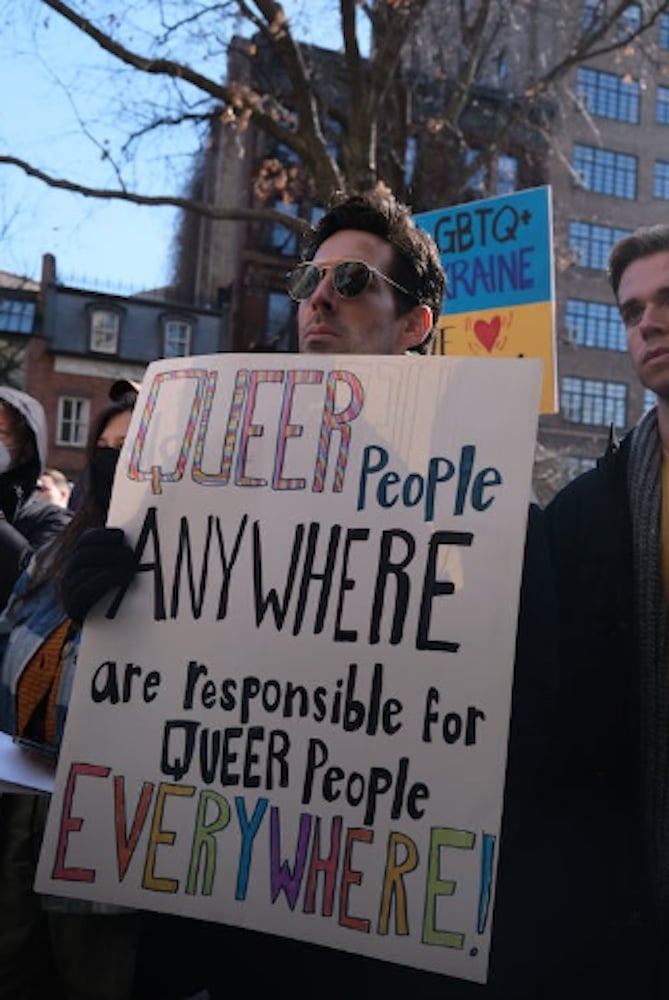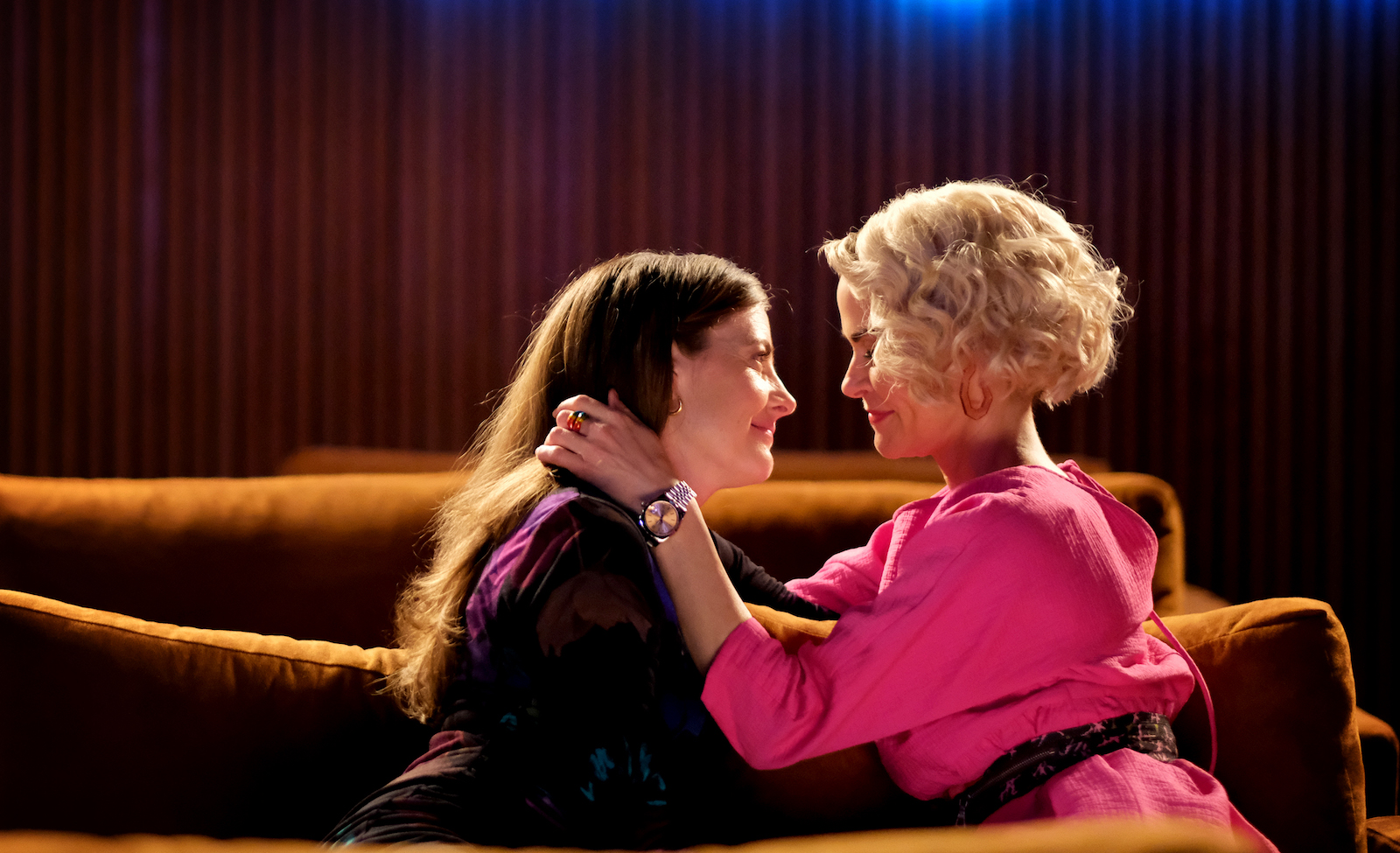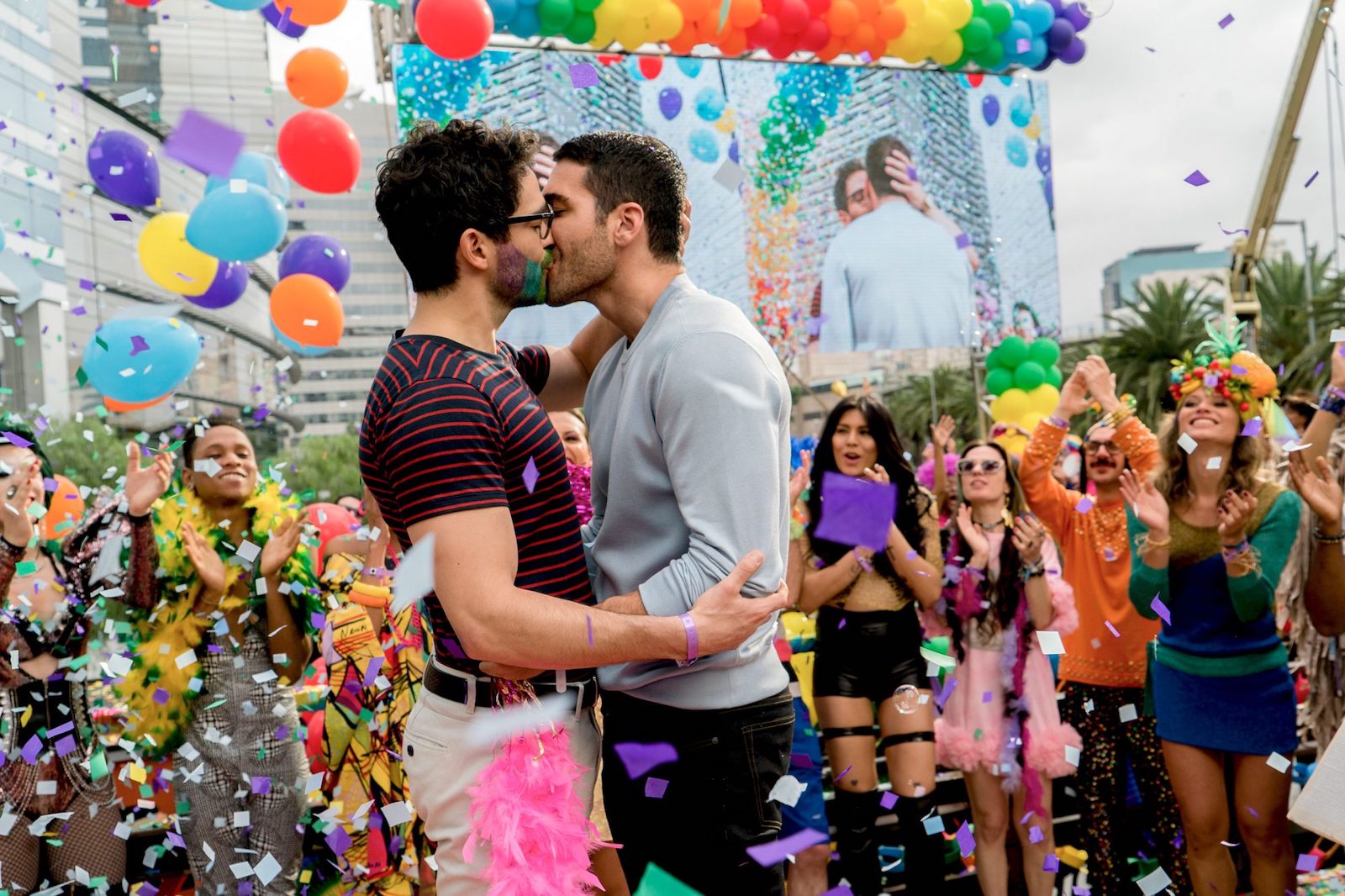
The Importance of Queer Activism
Activism and the queer community are inextricably intertwined. It isn’t hyperbole to state that we would not exist without a relentless commitment to pushing for change and justice. It’s important for anyone who counts themselves as part of the LGBTQ+ community or as allies to understand the role of queer activism today and into the future. This includes recognizing where there have been failures and how to make the queer community inclusive and effective.

What is Queer Activism?
Not all LGBTQ+ activism is queer activism. That doesn’t mean it isn’t valuable. It is! LGBTQ+ activists have helped build bridges with straight people and driven mainstream acceptance of all of us. But, being queer isn’t something that happens simply because a person isn’t straight. Otherwise, there would be no need for the “Q” in that acronym.
People who identify as queer may embrace one of the more commonly known identities, more than one, or none at all. People who are queer have taken what used to be a slur against them and assumed full ownership of that. This decision is still met with some resistance from the lgbtq+ community.
The persistence of queer folx in using this term highlights a sense of independence and refusal to back away from controversy. This intensity is also a defining characteristic of queer activism.
Queer activism doesn’t ask for a seat at the table. It pulls up a chair because it knows it already deserves a spot. Queer activism appreciates genuine allies, but prioritizes its own community over building bridges.
Queer activists have carried signs. They have also thrown bricks. They aren’t moved by tone policing. Queer activists understand the danger of trusting and engaging with people who want to erase them.
What Has Queer Activism Accomplished?
The word queer wasn’t widely adopted until the nineties. However, queer activism predates it. The Stonewall riots stand out as a clear example of queer activism. Additionally, it was a decidedly queer approach to activism and advocacy that forced governments and the healthcare industry to better address the AIDs crisis.
Do you enjoy going to queer bars and nightclubs? Many queer activists went toe to toe with law enforcement and local governments to make that happen. It isn’t just regressives that queer activists have had to confront. Queer activists have demanded action and accountability from center and center-left politicians who would otherwise cave to public opinion and fears on issues of human rights.
Intrasectionality And Intersectionality Building a Future Movement
Queer activism has been defined by an unwillingness to compromise. That’s a characteristic that activists should be wary about losing. However, that doesn’t mean that outreach and cooperation shouldn’t be a part of this movement.
Unfortunately, many activists have fallen short in these efforts. While they have been rightfully uncompromising towards bigots, reactionaries, and outright attempts at genocide, they have failed to reach out to other marginalized groups inside and outside of the LGBTQ+ community. This is changing, but more needs to be done.
Why Are Intrasectionality And Intersectionality Important
Division is a tool that oppressors use to keep other groups weak and unable to make meaningful strides towards equity. Queer activists must take the lead on this within the community. This means acting as a force of resistance against troubling issues such as trans exclusion, bi erasure, kink shaming, white supremacy, body shaming, and sexism.
This will require owning the fact that centering acceptance has turned the pursuit of human rights into a popularity contest. The result of this is that certain gays have been welcomed into mainstream circles and in turn participated in the rejection and othering of LGBTQ+ folx who weren’t so privileged.
That’s just one area that exemplifies the importance of intrasectionality. Queer people aren’t just gay. They are disabled, undocumented immigrants, indigenous people, and people of color. Queer people are displaced workers, labor activists, members of many different religions, and atheists. They are impacted by sexism, racism, over policing, and SES motivated bigotry. Sadly, many queer individuals in these groups feel ignored by gay activism. In the worst of cases, they encounter outright hostility.
If intrasectionality fails so will efforts at intersectionality. If that happens any progress made by queer and LGBTQ+ activists will be reversed. This is already happening. LGBTQ+ folks must work with and give support to other communities. That’s going to be challenging especially since members of other groups haven’t necessarily been friendly or empathetic to the experiences and demands for human rights that queer people have expressed. Still, the alternative is divide and conquer.

Where Can You Start?
So many people fail to see the impact they can have when they focus on their local communities. Start there. Then, make a commitment of your time. If you can’t give that, then your ability to make change dwindles. Don’t worry. There are ways to integrate activism into the rest of your spare time. For example, click over here to find someone who is compatible with you and just as interested in supporting the interests of your community.




